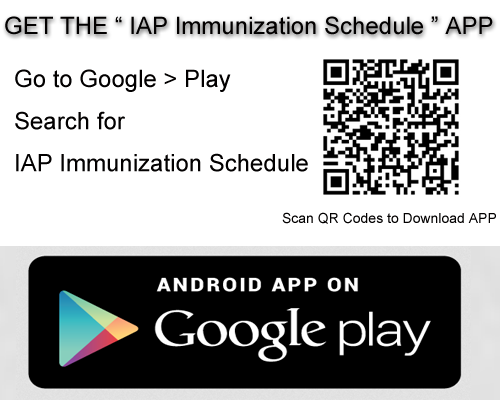Is there a vaccine to prevent mumps?
Yes. Two doses of mumps-containing vaccine, given as combination measles, mumps, rubella (MMR) vaccine, separated by at least 28 days, are routinely recommended for all children. The first dose is given on or after the first birthday; the second is given at 4 - 6 years of age. MMR is a live, weakened (attenuated) vaccine. Most adults who have not been vaccinated should also receive 1 dose of MMR vaccine, but adults who work in healthcare, a school/university setting, and persons at high risk of exposure to mumps should get 2 doses. Pregnant women and persons with an impaired immune system should not receive live attenuated vaccines (MMR vaccine).
NOTE: The combination MMRV vaccine is not licensed for those over 12 years old. UPDATED July 2010
Is the vaccine effective/does it work?
One dose of mumps vaccine will 'take' (be effective) in approximately 80% of people vaccinated, but two doses of mumps vaccine will 'take' in approximately 90% of people. Therefore, two doses are better at preventing mumps than one dose.
Where can I get the vaccine?
Most family and pediatric doctors keep vaccine in their clinics; and local health departments usually have vaccine. If someone isn't sure where to get vaccine, they can call the local or state health department.
What should I do if I don't know if I've been vaccinated?
Get vaccinated. The MMR vaccine is safe and there is no increased risk of side effects if a person gets another vaccination.
If I had mumps as a child, can I get it again/should I get vaccinated?
Most people who have mumps will be protected (immune) from getting mumps again. There is a small percent of people though, who could get reinfected with mumps and have a milder illness. If mumps was not diagnosed by a physician, then that person is not considered immune and vaccination is recommended.
If I was exposed to someone with mumps, what should I do?
Not everyone who is exposed to someone with mumps will get sick. If a person has been vaccinated with two doses of mumps vaccine, it is very unlikely they will get mumps. However, if a person hasn't been vaccinated, it is possible they could get sick and they should watch for symptoms of mumps. Additionally, if a person hasn't been vaccinated, this is a good time to get another dose of mumps vaccine, and to make sure that everyone else in the house where they live is also vaccinated. Mumps vaccine has not been shown to be effective in preventing disease after exposure, but vaccination of exposed susceptible persons will reduce the risk of disease from possible future exposures. If symptoms develop (generally 16-18 days after exposure), the person should not go to school or work for at least 5 days and should contact their medical provider.
Last Updated : 10/01/2020
© Copyright 2015, All Rights Reserved by ACVIP. Powered by: ITindustries.com







